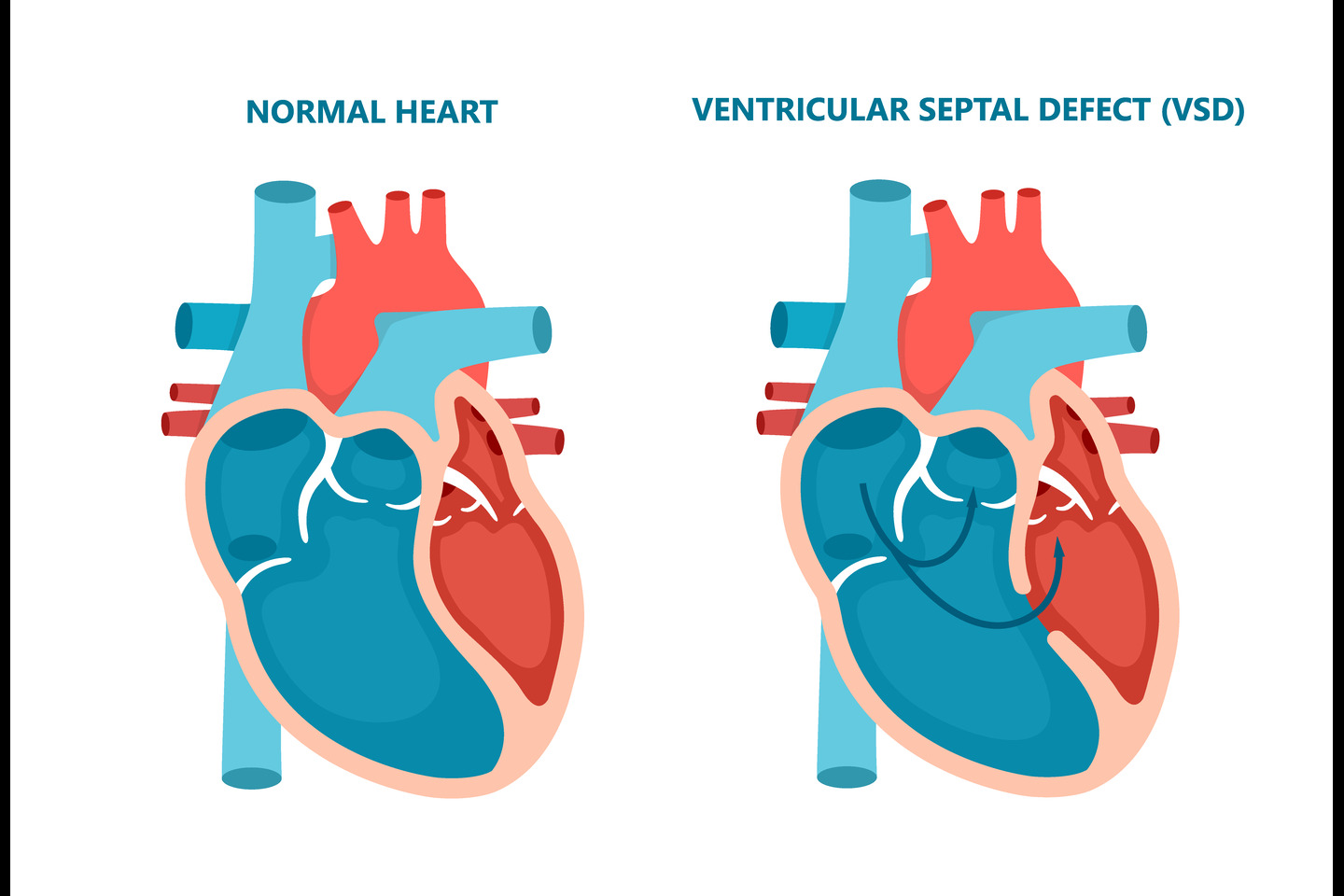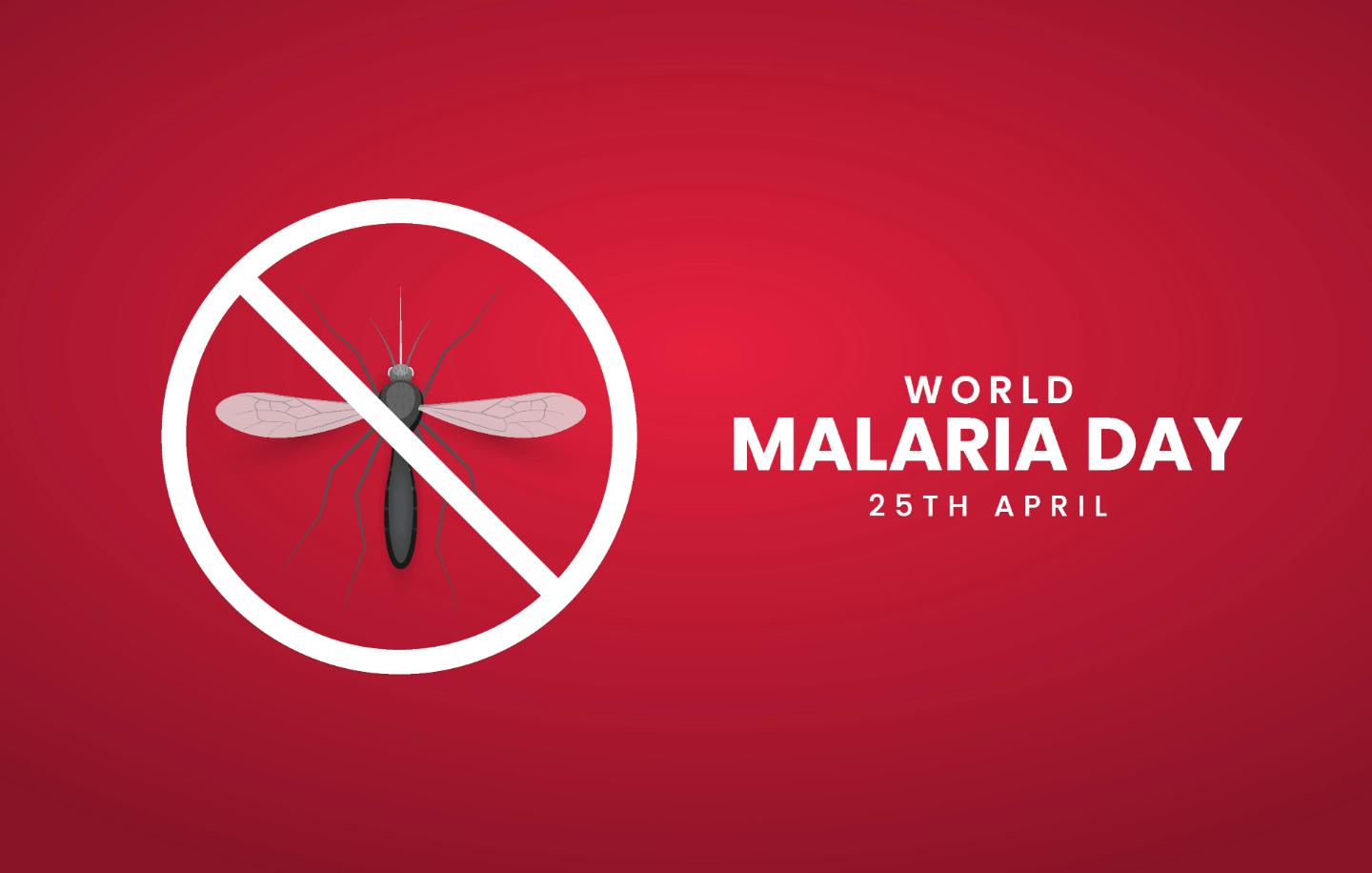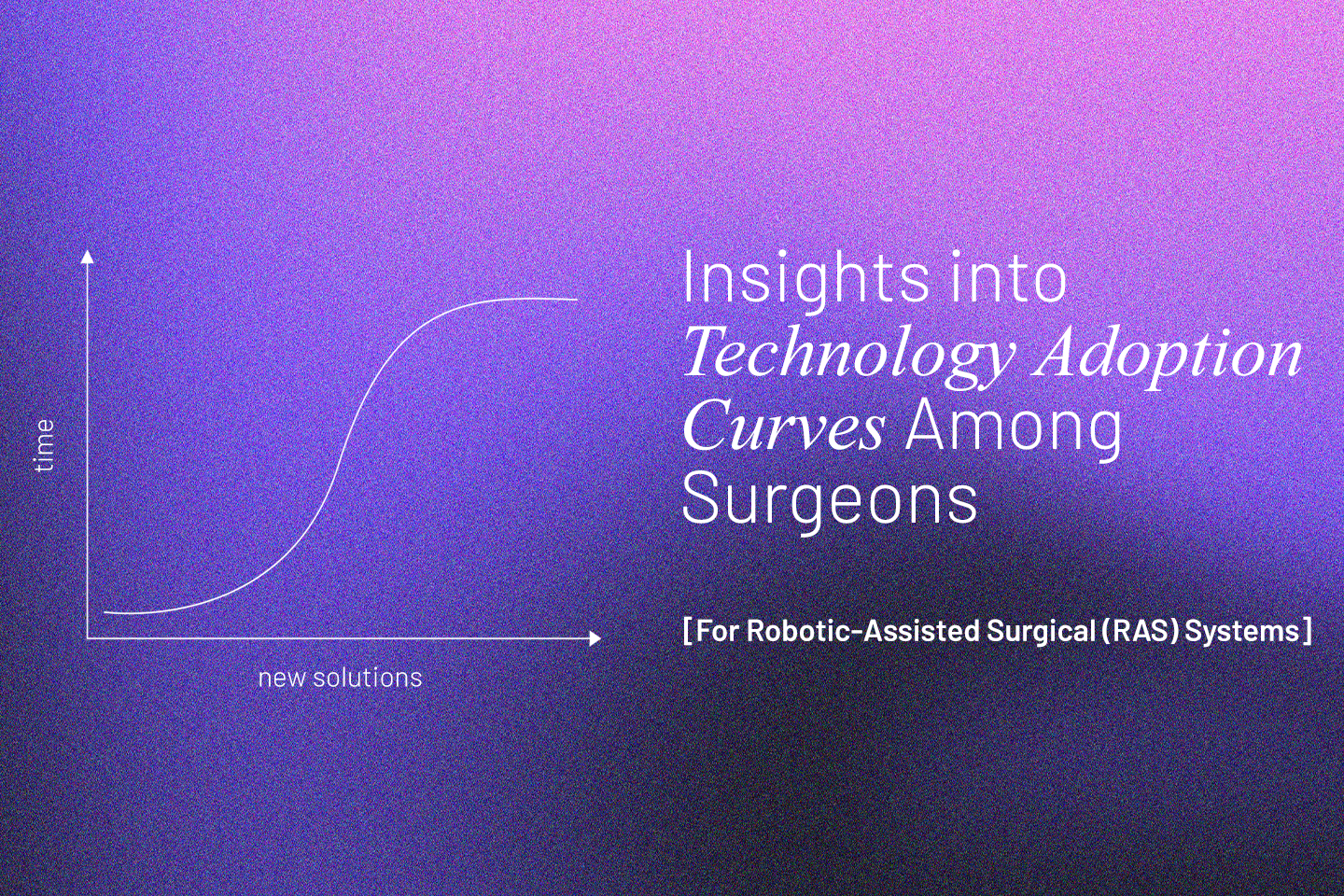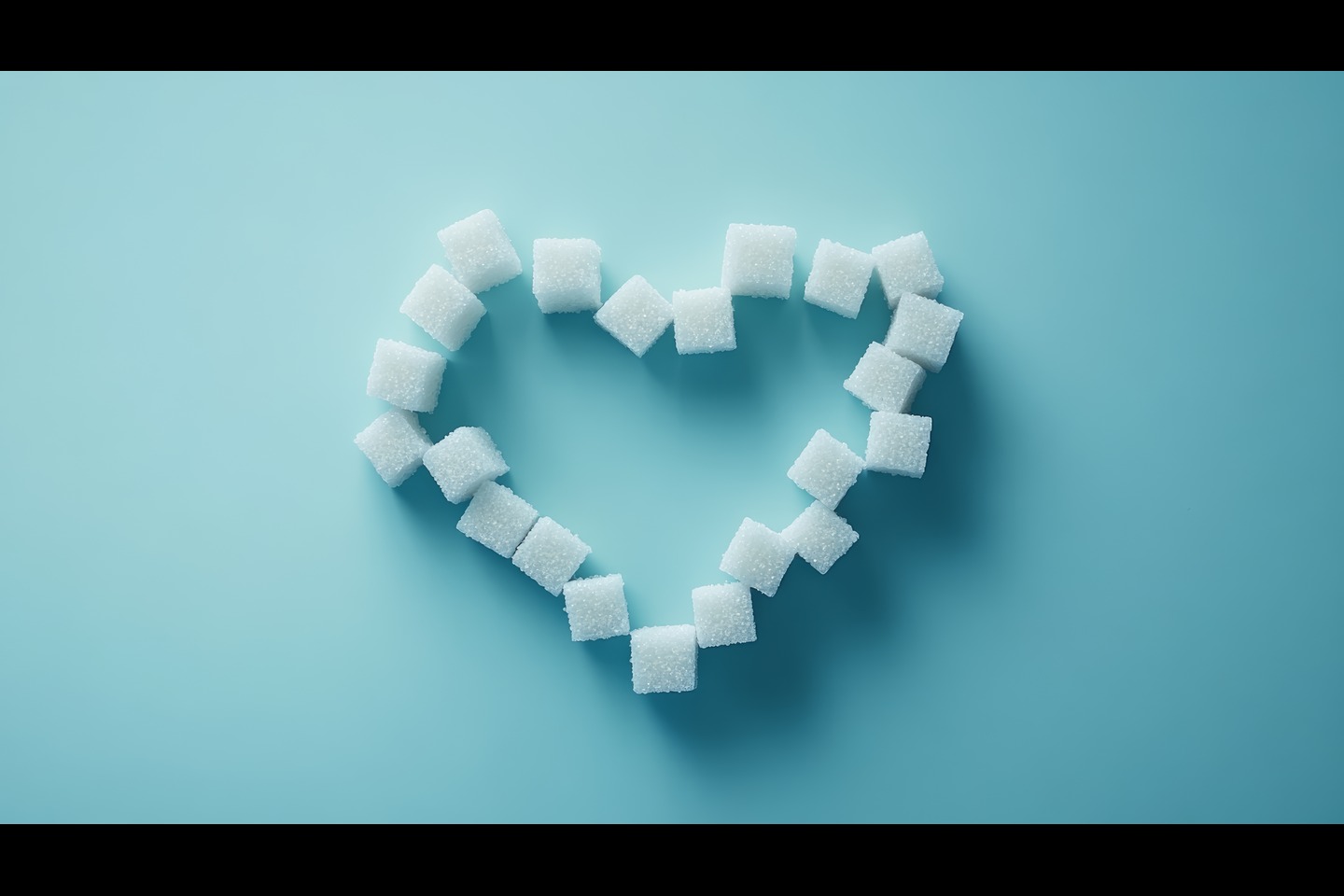Medical Devices
The Impact of Ventricular Septal Defect on Day-To-Day Life

Have you ever wondered how a small hole in the heart can change someone's daily life? For those living with a Ventricular Septal Defect (VSD), this is a reality they navigate every day. Whether it's managing fatigue, adjusting to physical limitations, or ensuring regular medical check-ups, VSD affects various aspects of life in ways many might not realize. Read on to understand the impact of VSD on day-to-day activities and learn how people cope with this condition.
Living with Ventricular Septal Defect
Living with a ventricular septal defect requires a keen awareness of how this condition can influence everyday activities. Although many people with small VSDs live relatively normal lives, larger defects can pose significant challenges.
Impact on Physical Activities and Exercise Tolerance
Ventricular septal defect can significantly affect one's physical capabilities. Exercise tolerance often varies; some individuals may experience shortness of breath, rapid heartbeat, or fatigue even with mild exertion. These symptoms can make it difficult to engage in strenuous physical activities or sports.
For instance, activities like running, swimming, or playing sports might need to be limited or adjusted. Individuals might find it necessary to take frequent breaks and avoid overexertion to prevent undue strain on the heart. This adjustment helps manage symptoms and ensures safety.
Energy Levels and Fatigue Management
Fatigue is a common issue for those with a ventricular septal defect. The heart's increased effort to pump blood effectively can lead to lower energy levels. It's important to manage fatigue by pacing daily activities and prioritizing rest. Incorporating short naps or rest periods throughout the day can help maintain energy levels and improve overall quality of life.
Impact on Social Activities and Interactions
Social activities may also be affected by a ventricular septal defect. Some individuals might feel self-conscious about their limitations or experience anxiety about participating in social events that involve physical exertion. It's crucial to communicate openly with friends and family about these concerns and seek support to ensure a fulfilling social life.
Health Management and Regular Monitoring
Effective management of a ventricular septal defect requires regular medical check-ups and a comprehensive approach to heart health.
Importance of Regular Medical Check-Ups: Regular medical check-ups are vital for monitoring the condition and preventing complications. These appointments allow healthcare providers to assess the heart's function, the size of the defect, and any potential changes over time.
Types of Medical Appointments and Tests Needed: Individuals with a ventricular septal defect typically need various medical tests, such as echocardiograms, electrocardiograms (ECGs), and stress tests. These tests help evaluate the heart's performance and detect any issues early.
Recommended Dietary Changes and Restrictions
Individuals with a ventricular septal defect should consider dietary changes that promote heart health. Consuming a diet rich in fruits, vegetables, whole grains, and lean proteins can support overall cardiovascular health. It's important to limit intake of sodium, saturated fats, and sugars to reduce the risk of complications.
Emotional and Psychological Impact
The emotional and psychological impact of living with a ventricular septal defect is significant and requires attention.
Emotional Challenges Faced by Individuals with VSD
Living with a chronic condition like a ventricular septal defect can lead to feelings of anxiety, stress, and depression. The uncertainty of the condition and its potential impact on life expectancy and quality of life can be overwhelming.
Anxiety and Stress Management Techniques
Managing anxiety and stress is crucial for overall well-being. Techniques such as mindfulness meditation, deep breathing exercises, and physical activities like yoga can help reduce stress levels. Seeking professional counselling can also provide valuable support.
Support Systems and Counselling
Having a robust support system is essential. Family, friends, and support groups can offer emotional support and practical advice. Professional counselling services can help individuals navigate the emotional challenges associated with living with a ventricular septal defect.
Impact on Children with VSD
Children with a ventricular septal defect face unique challenges that require careful management and support.
Day-to-Day Life for Children with VSD: For children with a ventricular septal defect, daily life can involve managing symptoms and adhering to treatment plans. Parents and caregivers play a crucial role in ensuring the child's well-being.
School Activities and Participation in Sports: Participation in school activities and sports may need to be adjusted. Children with a ventricular septal defect should avoid strenuous activities and focus on low-impact exercises. It's important to communicate with teachers and coaches about the child's condition to ensure appropriate accommodations.
Parental Guidance and Support: Parents need to provide consistent support and guidance. Educating children about their condition and encouraging them to communicate their feelings can help them cope better. Regular medical appointments should be a priority to monitor their health.
Importance of Educating Teachers and Caregivers about VSD
Educating teachers and caregivers about the child's condition is vital. This ensures that they are aware of any limitations and can respond appropriately in case of an emergency. Collaboration between parents, teachers, and healthcare providers can create a supportive environment for the child.
Impact on Adults with VSD
Adults with a ventricular septal defect face different challenges, particularly in managing work-life balance and other aspects of adult life.
Managing Work-Life Balance: Balancing work and personal life can be challenging for adults with a ventricular septal defect. Managing stress, avoiding overexertion, and maintaining a healthy lifestyle are key to ensuring a good quality of life.
Special Considerations for Women with VSD: Women with a ventricular septal defect need to be aware of specific considerations, especially regarding pregnancy and childbirth. It's important to consult healthcare providers to understand any risks and receive appropriate guidance.
Floret VSD by Meril
The Floret VSD Occluder by Meril is designed for the percutaneous, transcatheter closure of ventricular septal defects (VSD). It includes two types: Perimembranous VSD Occluders and Muscular VSD Occluders. The device features a nitinol wire frame with three polyester fabric inserts to promote tissue growth. It offers various sizes to accommodate different patient needs, ensuring precise fit and effective closure of the defect.
Conclusion
Living with a ventricular septal defect presents various challenges, but with proper management and support, individuals can lead fulfilling lives. Regular medical check-ups, a heart-healthy diet, emotional support, and awareness of the condition's impact on daily activities are crucial. Whether it's a child navigating school or an adult balancing work and personal life, understanding and adapting to the needs associated with a ventricular septal defect is essential for a better quality of life.
Reference Links:
https://www.mayoclinic.org/diseases-conditions/ventricular-septal-defect/symptoms-causes/syc-20353495
https://www.mayoclinic.org/diseases-conditions/ventricular-septal-defect/diagnosis-treatment/drc-20353501
https://www.health.harvard.edu/heart-health/heart-healthy-foods-what-to-eat-and-what-to-avoid#:~:text=Mediterranean%20diet,-A%20Mediterranean%2Dstyle&text=It%20is%20a%20popular%20diet,certain%20vegetable%20oils%2C%20and%20nuts.
https://www.ncbi.nlm.nih.gov/pmc/articles/PMC9253420/
https://www.helpguide.org/articles/stress/relaxation-techniques-for-stress-relief.htm
https://kidshealth.org/en/parents/vsd.html#:~:text=Infants%20with%20a%20large%20VSD,by%20bacteria%20in%20the%20bloodstream.
https://www.mayoclinic.org/diseases-conditions/ventricular-septal-defect/symptoms-causes/syc-20353495
https://my.clevelandclinic.org/health/diseases/17615-ventricular-septal-defects-vsd
https://www.cincinnatichildrens.org/health/v/vsd
https://www.heart.org/en/health-topics/congenital-heart-defects/about-congenital-heart-defects/ventricular-septal-defect-vsd
https://www.msdmanuals.com/en-in/professional/pediatrics/congenital-cardiovascular-anomalies/ventricular-septal-defect-vsd





